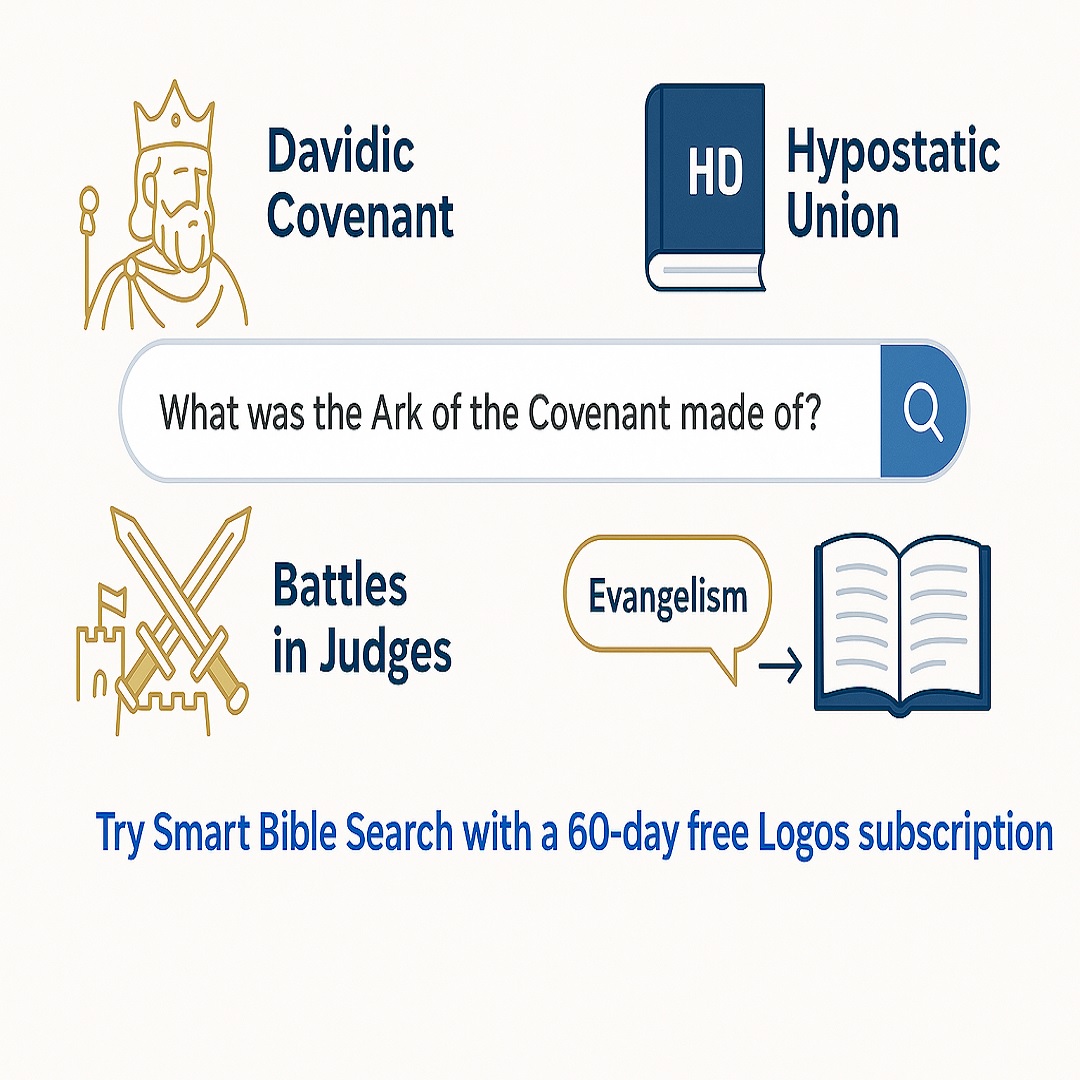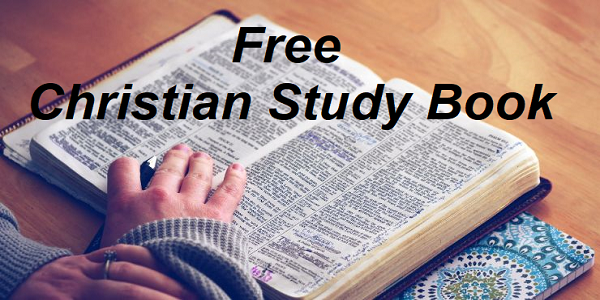Some say that we should break down the denominational barriers to show our unity. I say that I am happy to have as many denominations as people want. Including those who are of the denomination of no denomination. That is, those who are theologically opposed to being members of a church. That is what true community is.
I have one proviso though. I am opposed to those who do not build the Kingdom of God. By that, I mean any group or individual that separates themselves from a congregation should be able to be tested by that standard.
For example, in any group or individual that separates themselves from a congregation, if it can be seen that the Kingdom of God is being strengthened by that separation then it is possibly of God. Or if the new congregation that is formed genuinely helps support and build each other up and that has a positive outflowing to the rest of the kingdom of God, then it is possibly of God.
The Charismatic movement
Take the Pentecostal/ Charismatic movement. For many years it was viewed with fear and suspicion. I even remember getting instructed by some very well-respected elders of both missions and churches as to how evil this movement was. I remember being given books that set out to convince people like me, of the unbiblical nature of the movement. The problem was that such books and arguments were often much more unbiblical than the thing they were trying to discredit.
There is a dark side. Because it concentrates on emotion it often breeds discord. Because it is so self-assured it breeds a sense of snobbery. But these are things that are common to most churches and have little to do with the theology which is the core of the movement. Today most churches, that were originally opposed, acknowledge the truth of much of the central doctrine of the Pentecostal/Charismatic movement. Many have a practical application of the gifts of the Spirit in their own congregations.
If we go back through history we see that most of the great movements in the church have been through the movement of the Spirit such as the Charismatic movement. History has shown that the kingdom of God has been advanced significantly by such movements. Thus opposition is not an indicator that God is not in something. Its fruit is.
In Contrast
In contrast to this if a group or person appears not to be affecting lives for the long-term good of the rest of the body of Christ then it is possibly not of God.
That opens up the door of course to what we should do with those fringe groups such as Jehovers Witnesses, Mormons and the myriads of other sects.
Should we maintain fellowship?
Probably not.
But neither does that mean we should reject these people outright as non-believers. These people, when they are not using their variation of the text, know their Bible better than most Protestant, Catholic or Orthodox Christians. More often than not they are a better witness than many other believers.
There are some things not open to debate. Believing on the Lord Jesus Christ as the triune God and the one and only resurrected Saviour for one. But if you know your Bible and focus on Jesus as Lord and Saviour you would be surprised at their faith. The state of their salvation is a question for God. But they are not non-believers. We can celebrate that. We can also celebrate those who are called to minister to such groups and pray that they go about it the right way rather than alienating them.
So Many Denominations
But why should I be so happy to have many denominations?
Because God is a God of Creation. Nature and man are the foundation of inspiration for endless diversity. So long as there is unity in that diversity we should be happy. Yes, even excited about the many different cultures in God’s Kingdom. Just as we celebrate the many different cultures on the earth we should celebrate the many different cultures in His community. That community can and is expressed in many different ways.
Living Under The Same Roof
For instance, I do not support the idea that a community is only a true community if it is living together under the same roof. Despite some vehemently holding to this idea, it is not a culture that is supported biblically as something that we should all do.
But is it a legitimate form of Christian Living?
Yes!
It is not specifically forbidden in God’s word and it has some significant advantages that are Biblical. We should celebrate such groups as well as their calling. Such groups have gifts and abilities that God has given them to live like this. It is not for everyone, however, and we should not be put off our celebration by those who would insist on creating disunity and discord by demanding that we hold to this belief one way or the other.
Holding Everything in Common
Talking about expressions of community. Some other expressions of community that require everything to be held in common. The idea is that no one owns anything. Everything is community property. These are good examples of diversity.
Many say that this does have biblical support in Acts chapter 2:44. “And all who believed were in the same place and had everything in common” (Lexham English Bible). The words “in common” are interpreted as meaning everything was communal property. Unfortunately, this is a poor understanding. The Greek word in this text, for common is κοινός, (Koinos) and can indeed mean common or shared. But it is most commonly the Greek translation of the Hebrew for: profane; dirty, unclean and unwashed1. Thus the actual meaning of this text is more likely to mean that they held things as not having any significant value so they were happy to use it to help others in more need than them. This was not a socialist society.
But is it a Legitimate form of Christian Living?
Yes!
There is nothing wrong with holding things as communal property if you can live that way. But it is also ok to hold things as private property.
Nevertheless, whilst not holding the same view as hard-liners above, we can celebrate the fact that such groups give us the freedom to hold things in common if we wish.
Unity Through Diverse And Common Belief
With the proviso above, there are other forms of unity based on common belief that we should celebrate. We should celebrate our commonality as well as our doctrinal differences. For it is in celebrating them and talking together about them, that we learn more about ourselves and our own standing with the Father.
But how do you stop from being buffeted about by such discussions?
I’ve said it before and I’ll say it again “READ YOUR BIBLE”!
There are false doctrines. But there are doctrines different from ours that hold truth. We have to hold these in tension and if we can’t completely resolve them we have to hold up the blood that was shed on the cross as the solution and celebrate our diversity with Jesus being our Unity.
If you don’t know your Bible then you are susceptible to many or all of the false doctrines of the world. But just like the prophet talked about a plumbline we are given a plumbline to see the contrast between right and wrong.
This is what he showed me: Behold, my Lord was standing beside a wall built with a plummet, and a plummet was in his hand. 8 And Yahweh said to me, “What do you see, Amos?” And I said, “A plummet.” And my Lord said, “Look, I am going to set a plummet in the midst of my people, Israel. I will not pass them by again. 9 The high places of Isaac shall become desolate and the sanctuaries of Israel shall be laid waste. And I will rise against the house of Jeroboam with the sword.2
That is worth celebrating.
Celebrating Community
True community is where 2 or three are gathered in His name 3. Where 2 or more of you agree it shall be done 4. Whatever flavour the church service is and whatever the structure of the building. If any of that helps you to come together then that is a true community.
We are called to fellowship. Called to celebrate. We are called to seek Unity amongst our diversity.
What is communion if it is not about community?
That is what the term “communion” means. It is the coming together that puts us in touch with each other and the Father. The celebration that puts us in touch with God’s creation. It is our sharing with each other that puts us in touch with each other. Our coming together, sharing and celebrating that helps create unity.
Let us come together to share and to celebrate and enter into it with open heart and commitment.
Amen.
=======================================
- (Mk. 7:2, Ac. 10:14, 28, 11:8, Rom. 14:14, Heb. 10:29, Rev. 21:27) Alexander Souter, A Pocket Lexicon to the Greek New Testament (Oxford: Clarendon Press, 1917), 136.
- W. Hall Harris III et al., eds., The Lexham English Bible (Bellingham, WA: Lexham Press, 2012), Am 7:7–9.
- Mt 18:19–20.
- Mt 18:19.

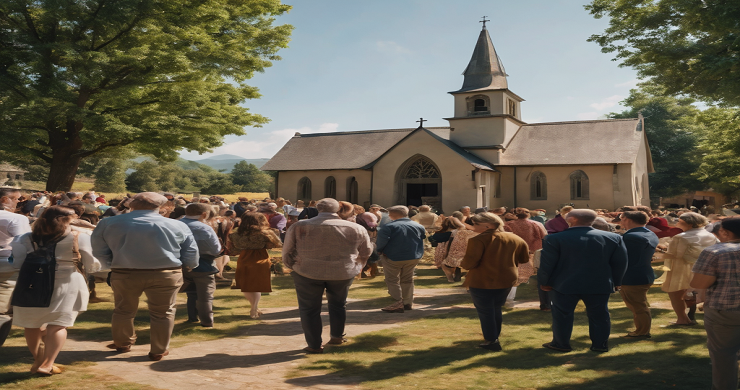

 Search The Bible the way you have always wanted to.
Search The Bible the way you have always wanted to.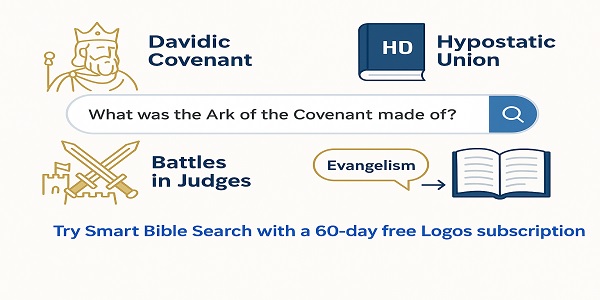
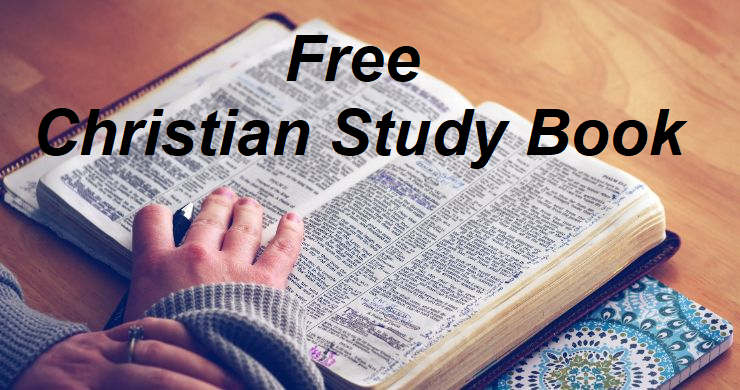
 The most complete Bible study Platform. Start you Free trial Now!
The most complete Bible study Platform. Start you Free trial Now!
